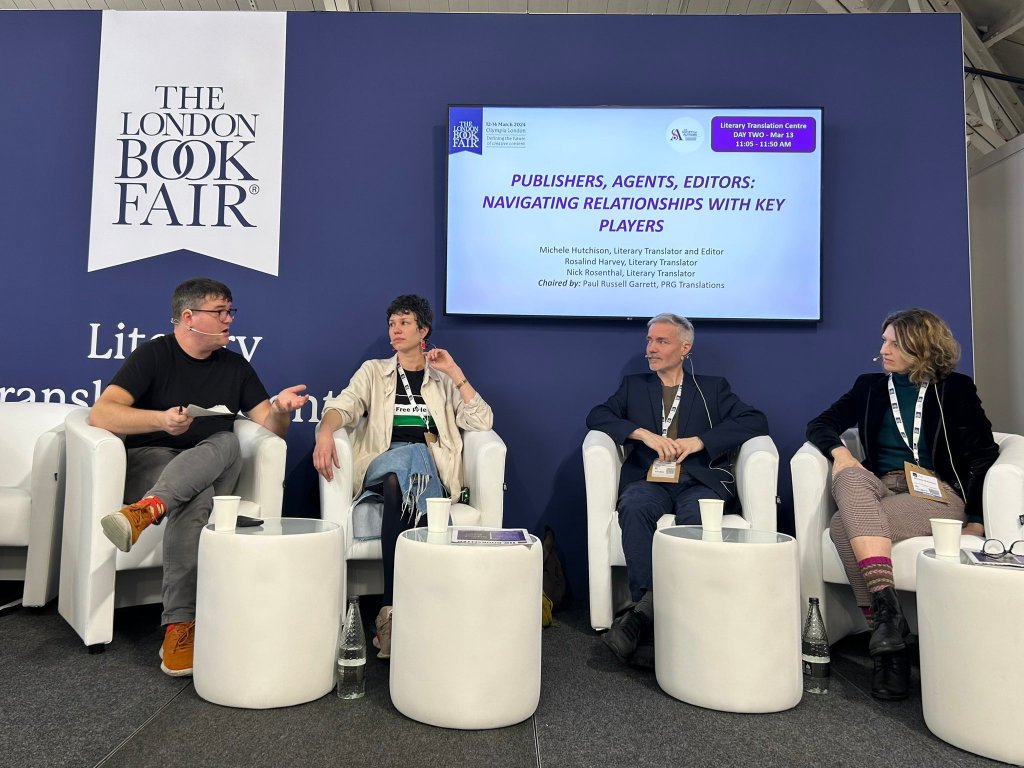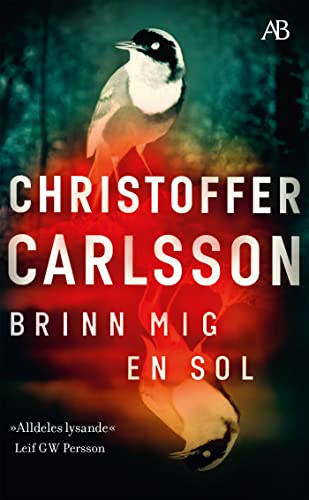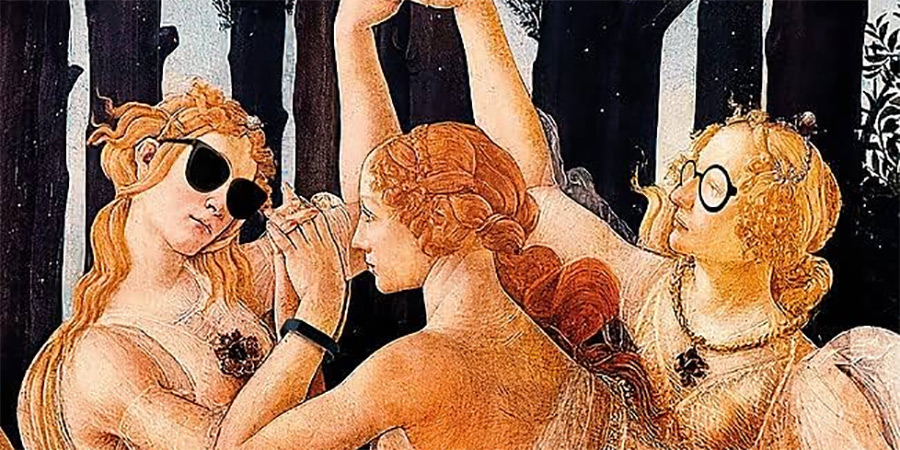Found it!
I went looking for my rather ancient, and quite small, copy of Huckleberry Finn. It wasn’t there. OK, I thought, it was old. I was given it as a school prize in 1968.
But then the little grey cells kicked in. I thought that I have more than one place for books. And I consider Huck Finn to be a children’s book. So I’d have put it with children’s books, not with adult fiction. Dead simple. And there it was.
I have been reading about Percival Everett who has written a retelling – James – seen through Jim’s eyes. It sounds like the kind of thing I’d like to read. I think so, anyway. But 1968 was a long time ago, and I had already read the book when it was presented to me, in English. Presumably because I had been studious and did well at English. Still looked daunting, and it was only my second book in English, after the Ladybird book I bought two years earlier.
Because I did know the story, I was never tempted to try it in a foreign language. It’s just been sitting there for 55 years. It looks it, too, with its yellowing pages and brown spots.
I’m guessing it was chosen as a sequel to the likelier Tom Sawyer – which I’d also read – and as one of very few books available in English, for children, in the local bookshop. The price is still there, in pencil. Five kronor 40 öre.
Having come across more than one reference to Huck recently, I’ve felt guilty because I can only remember snatches of the plot. And I know it’s [been] considered very important in the US. Percival Everett is the same age as me. But it seems he only read an abridged version as a child, followed by the full book in his teens.
Perhaps I don’t need to feel any shame over my lack of recall. My copy of Huck is 370 pages, so I hope it’s not abridged. I think I might reread it. Then James.









